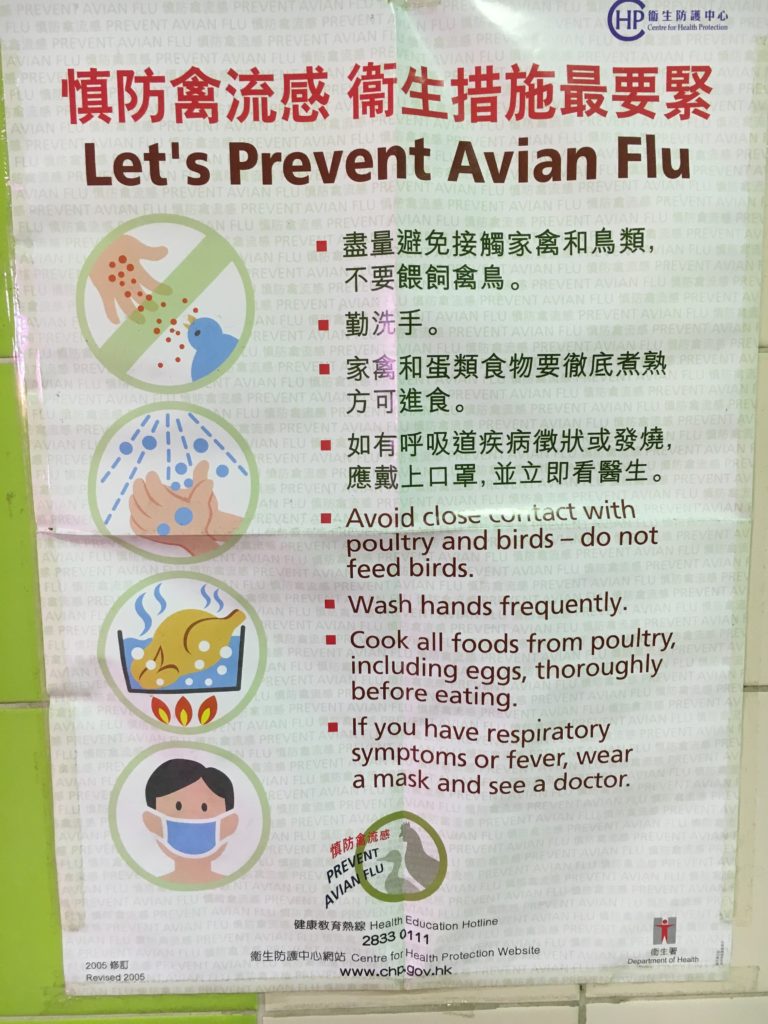Coronavirus and Quarantine

As I write these words nurses in Hong Kong are on strike to protest the fact that the Chief Executive, Carrie Lam, will not close the border to China. To be clear, the executive has sharply restricted entry to Hong Kong, closed most crossings, and forbidden entry from the most affected Chinese state, Hubei. But there are still strong calls for a complete border closure coming from within Hong Kong’s medical community. Similarly, the United States has restricted flights from China to U.S. citizens only; some U.S. airlines had already canceled service to China. All such quarantine measures are controversial.
On social media, such as Twitter, and in the press, a number of experts have denounced all quarantines as being not only ineffective but also in violation of WHO guidelines. These authors worried about panic overcoming good judgement, the economic costs of restricting travel, the stigma imposed on those from affected areas (Chinese in particular, but also all Asia), and the importance of upholding International Health Regulations. These are valid and important points. Some authors have also pointed to studies based on computer models showing that quarantines are ineffective with highly contagious respiratory diseases.
Recently the tone has shifted in the discussion, as it has become clear that some cases of the virus are being spread asymptomatically. The number of cases has grown quickly. Some apparent facts (such as no human to human transmission) that seemed true in mid-January are no longer true. So the stridency of the debate about quarantine has declined, but the debate continues.
So is there any role for quarantines to manage such a pandemic? And is there some other way to make a judgement that relies less on computer models? I would suggest that looking at the past history of respiratory pandemics, such as the 1918 influenza pandemic, might be useful. Can history suggest particular circumstances in which quarantines may work? …
